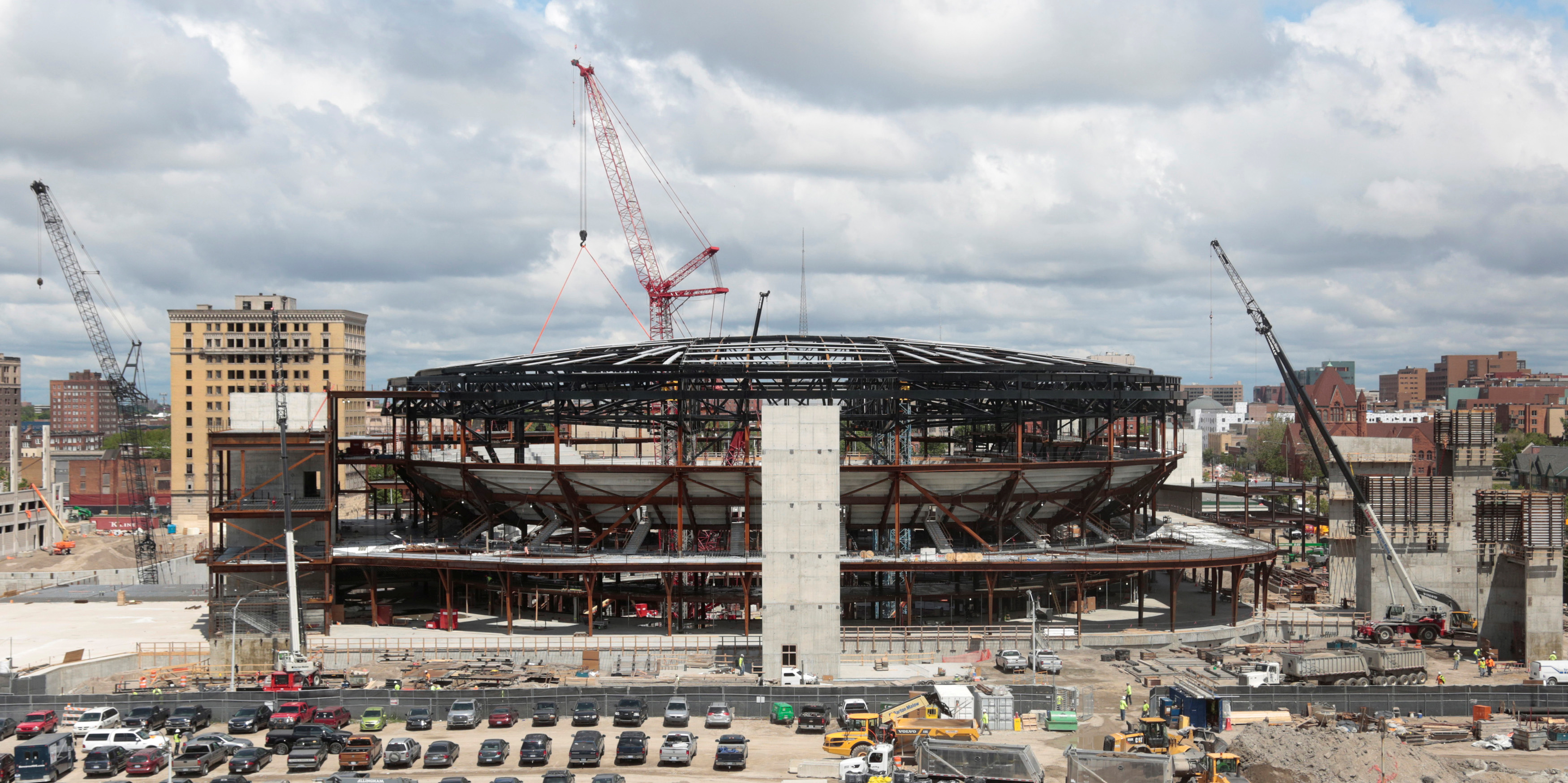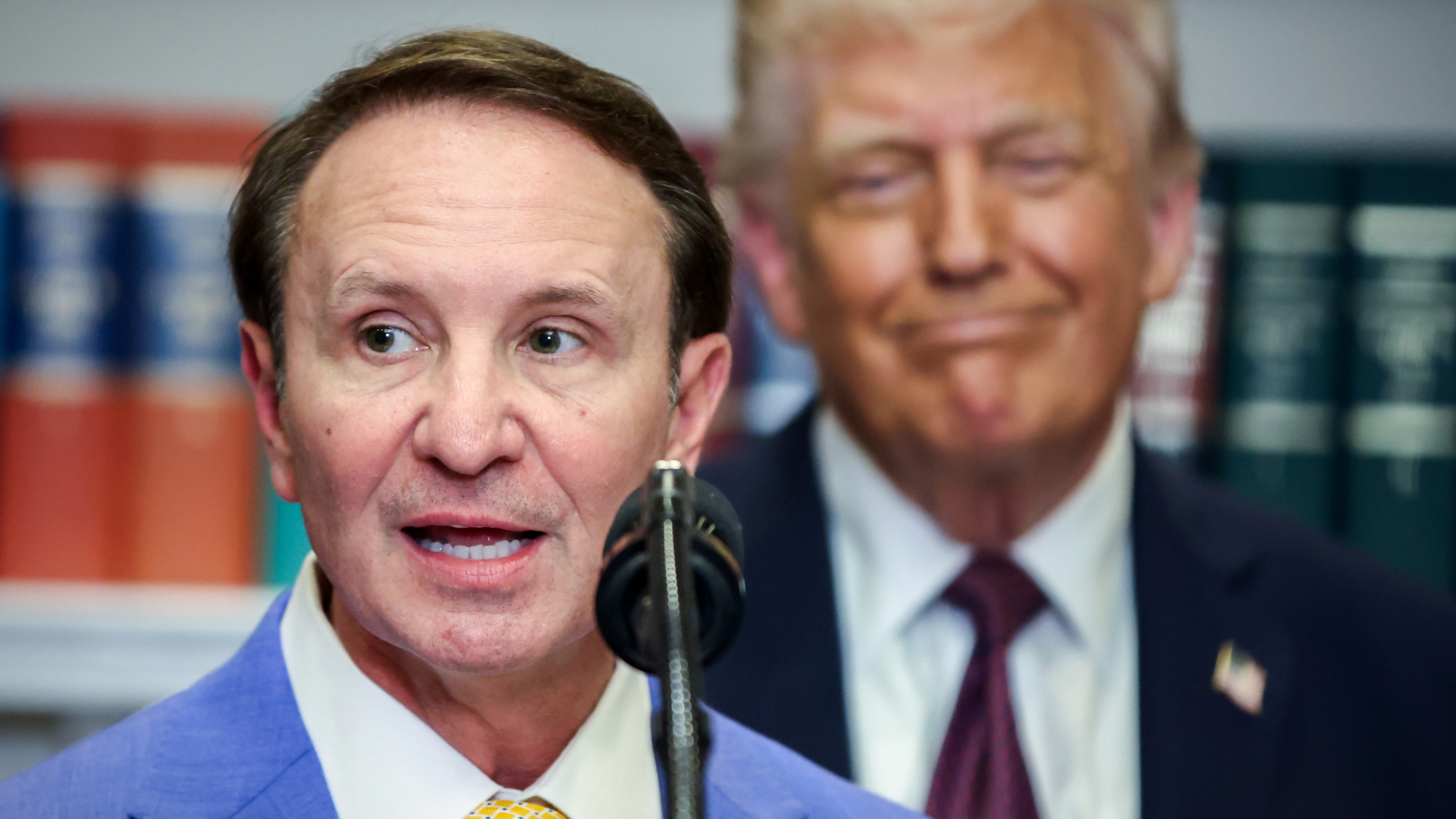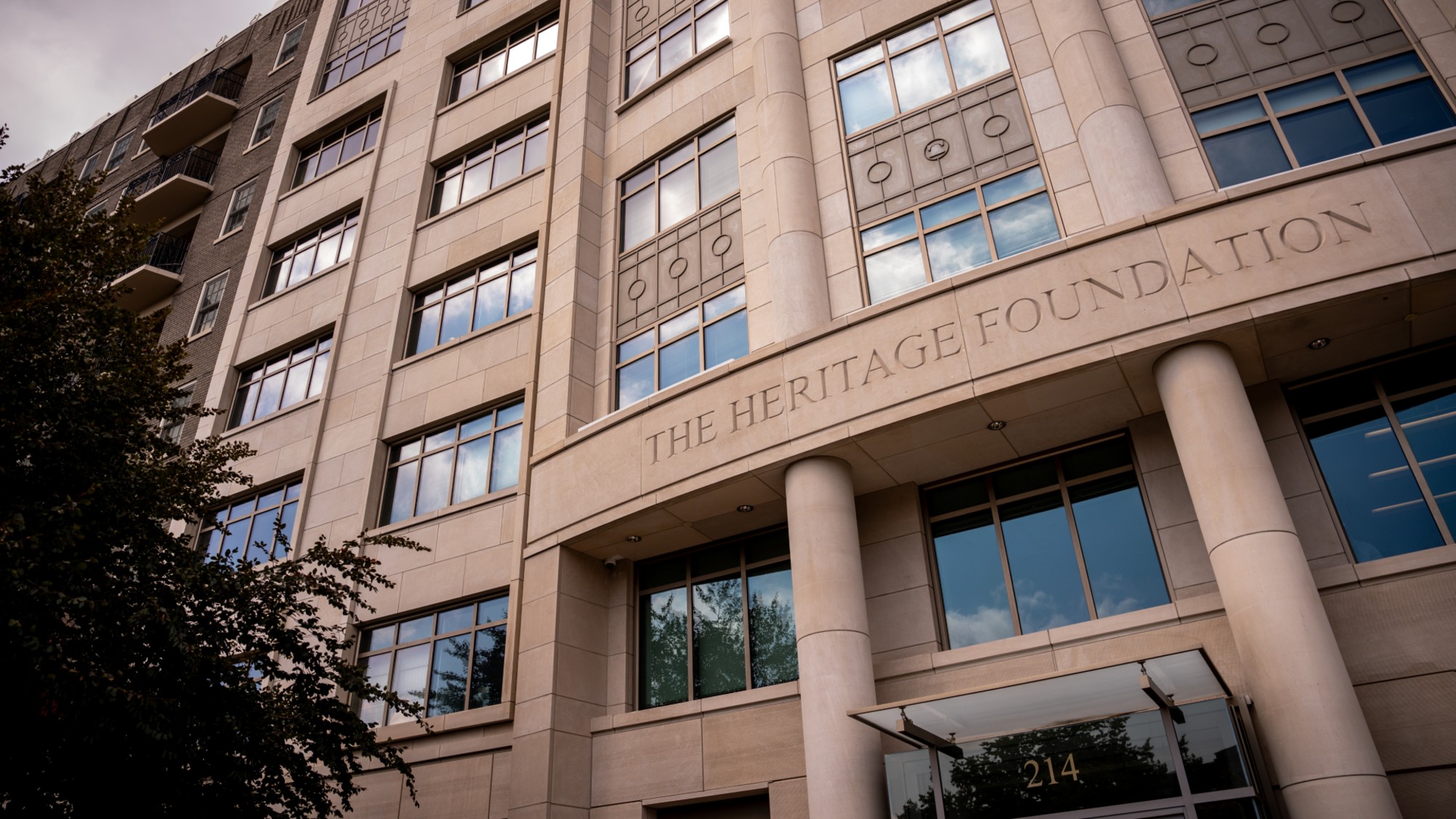The dark side of Detroit's renaissance
The Motor City's supposed boom is fueled by crony capitalism and taxpayer exploitation


Dan Gilbert, the owner of Quicken Loans (and the Cleveland Cavaliers), walks around Detroit with a veritable halo around his head. He is credited with having put this Rust Belt city, which only recently emerged from the largest municipal bankruptcy in U.S. history, on the path to revival. He saw opportunity where others saw ruin, scooping up vacant old gems facing demolition. And he didn't just sit on them hoping to dump them when their value inched up. He actually led the comeback, moving his headquarters, along with thousands of employees, to a struggling city at a time when others were streaming for the exits. And now, voila, thanks to his efforts, Motown is back.
It's a nice story. If only it were true!
Alas, the reality is that Detroit's renaissance exists, but only on a seven-mile stretch of this 140–square-mile city. And even this has less to do with Gilbert's visionary capitalism and more to do with his (and his fellow businessmen's) crony capitalism. The latest example is the outrageous "transformational brownfield projects" bill that Gilbert is pushing in the Michigan legislature to collect taxpayer dollars for a skyscraper he wants to build where Detroit's famous Hudson store once stood.
The Week
Escape your echo chamber. Get the facts behind the news, plus analysis from multiple perspectives.

Sign up for The Week's Free Newsletters
From our morning news briefing to a weekly Good News Newsletter, get the best of The Week delivered directly to your inbox.
From our morning news briefing to a weekly Good News Newsletter, get the best of The Week delivered directly to your inbox.
Now, businesses routinely hit up taxpayers for money. They obtain subsidies, tax breaks, special tax write-offs, and low-interest loans backed by state bonds. But this legislation, which has already sailed through the state Senate and is now being considered by the state House, is particularly egregious.
The bill would allow five developers in five cities every year to not just capture part of the property taxes from the brownfield (which is a site contaminated or environmentally damaged by previous users) they are redeveloping, but also $40 million worth of income taxes for 20 years. Whose income taxes? Remarkably, as soon as work on the site begins, the developers will be able call dibs on the income taxes paid by their own construction workers. And once the project is completed, a portion of the income taxes of the residents and the sales taxes of the businesses will be handed over to these developers as well.
The real kicker is that the bill would allow only developers who are planning "mixed use" residential and commercial projects to be eligible — and only if they make out-of-pocket investments worth $500 million in cities with a population of over 600,000. This basically means that in Detroit, only Gilbert's Hudson redevelopment project would fit the bill. This bill is custom-built just for him.
This is galling. The bill will change the tax code to deliver a guaranteed revenue stream directly into the pocket of a rich developer without even subjecting it to the normal budgetary process where the needs of ordinary mortals are considered.
A free daily email with the biggest news stories of the day – and the best features from TheWeek.com
Gilbert justifies this largesse by noting that brownfield cleanup is expensive, and without such offsets, the site would remain vacant and unproductive, doing no good for the city. He also claims that the 734-foot high-rise he is planning would potentially open $2 billion-plus worth of projects from his company alone, presumably offsetting the handouts he receives.
If this were the only government assistance that Gilbert and his business cronies had received in the name of redeveloping Detroit, it would be bad enough. But every major project they've undertaken is chockfull of subsidies.
Gilbert's boosters like to emphasize that he has bought scores of properties and spent several billion dollars of his own money to redevelop them, even arranging for his own security because he couldn't count on the cash-strapped city to provide it. What they forget to note is that he received $50 million in state tax breaks to relocate the Quicken headquarters from the suburbs to Detroit. And his partner in the proposed construction of a soccer stadium, Pistons' owner Tom Gores, received $34.5 million to relocate his basketball team from Auburn Hills to Detroit.
Gilbert and Gores want to build their soccer stadium where county courts and a half-finished jail currently stand. They want authorities to hand over the entire criminal justice complex for their new stadium. Given its prime location, they argue that this would strengthen their bid to land a Major Soccer League franchise. In exchange for this land, along with an additional $300 million in cash and credit for the savings from the new jail, they are offering to build the county another criminal justice center "worth" $420 million elsewhere in the city. This deal is so fishy that even the liberal Detroit Free Press, generally a reliable Gilbert cheerleader, declared itself skeptical that the math would work out for taxpayers.
Gores and Gilbert aren't the only ones hitting up Michigan taxpayers for their stadium fetish. The late Mike Ilitch, the founder of Little Caesars Pizza, obtained $440 million from city and state taxpayers to build a snazzy new ice arena for the Red Wings. Pre-bankruptcy, taxpayers also poured hundreds of millions into building Comerica Park, a baseball stadium for the Detroit Tigers, and Ford Field, a football stadium for the Detroit Lions.
All of this means that if Gilbert and his fellow billionaires now get everything on their wish list, a city with less than 680,000 people (down from 2 million at its peak) will house four new sports stadiums and several new high-rises — all at the partial expense of taxpayers. Oh, and then there is the $187.3 million light rail system that begins operations in a couple of weeks, for which Uncle Sam alone coughed up over $40 million. Gilbert intensely lobbied for the light rail, which will link Detroit's downtown, dubbed Gilbertville because it houses the Quicken office and other buildings where Gilbert's employees live, with the midtown area, where the entertainment district is. Never mind that Detroit's jobless and carless residents would have much more use for bus lines transporting them to jobs outside the city.
But here's the multi-billion dollar question: Will lavishing all these resources — public and private — on such flashy projects work to lift the whole city?
Gilbert and Co. insist that it will. And there is no doubt that the area that they have targeted for redevelopment is showing signs of life. On Woodward Avenue, the main drag that cuts through the city and where the stadiums and other buildings are located, many cool new eateries, night clubs, apartment complexes, and retail shops are cropping up.
However, the whole argument for pouring taxpayer dollars into this area is that its growth will spill over to the rest of the city, opening up jobs and business opportunities for all Detroiters. But research by Michigan State University's Laura Reese and Wayne State University's Gary Sands published earlier this year suggests that on virtually every metric, life outside the targeted zone is worse than it was even in 2010, when the alleged renaissance began.
Detroit's overall population actually declined by 2.6 percent between 2010 and 2014. The unemployment rate among Detroiters increased by 2.4 percentage points between 2010 and 2013. This may have been because of the bankruptcy-induced layoffs of city employees, but Sands maintains that the trends don't seem to have changed much in 2015. "About half of the neighborhoods in the periphery saw employment and payroll declines," he notes. What's more, although the overall number of Detroit businesses remained unchanged between 2014 and 2015, 13 of the more peripheral city zipcodes saw a decline.
In other words, far from the city core leading a comeback, it is at best siphoning — and at worst destroying — business and employment in the rest of Detroit, perhaps because smaller enterprises are having trouble competing with powerful billionaires who can dip into taxpayer pockets and divert other public resources toward their grand designs.
It is too early to declare Detroit's renaissance a failure. But there is every reason to be skeptical of the hype. So far, at least, it seems, if anyone is significantly benefiting in Detroit, it is Gilbert and his fellow crony capitalists — not average Detroiters.
Shikha Dalmia is a visiting fellow at the Mercatus Center at George Mason University studying the rise of populist authoritarianism. She is a Bloomberg View contributor and a columnist at the Washington Examiner, and she also writes regularly for The New York Times, USA Today, The Wall Street Journal, and numerous other publications. She considers herself to be a progressive libertarian and an agnostic with Buddhist longings and a Sufi soul.
-
 Whiskey tariffs cause major problems for American distillers
Whiskey tariffs cause major problems for American distillersIn the Spotlight Jim Beam is the latest brand to feel the pain
-
 Danes ‘outraged’ at revived Trump Greenland push
Danes ‘outraged’ at revived Trump Greenland pushSpeed Read
-
 ‘Tension has been building inside Heritage for a long time’
‘Tension has been building inside Heritage for a long time’Instant Opinion Opinion, comment and editorials of the day
